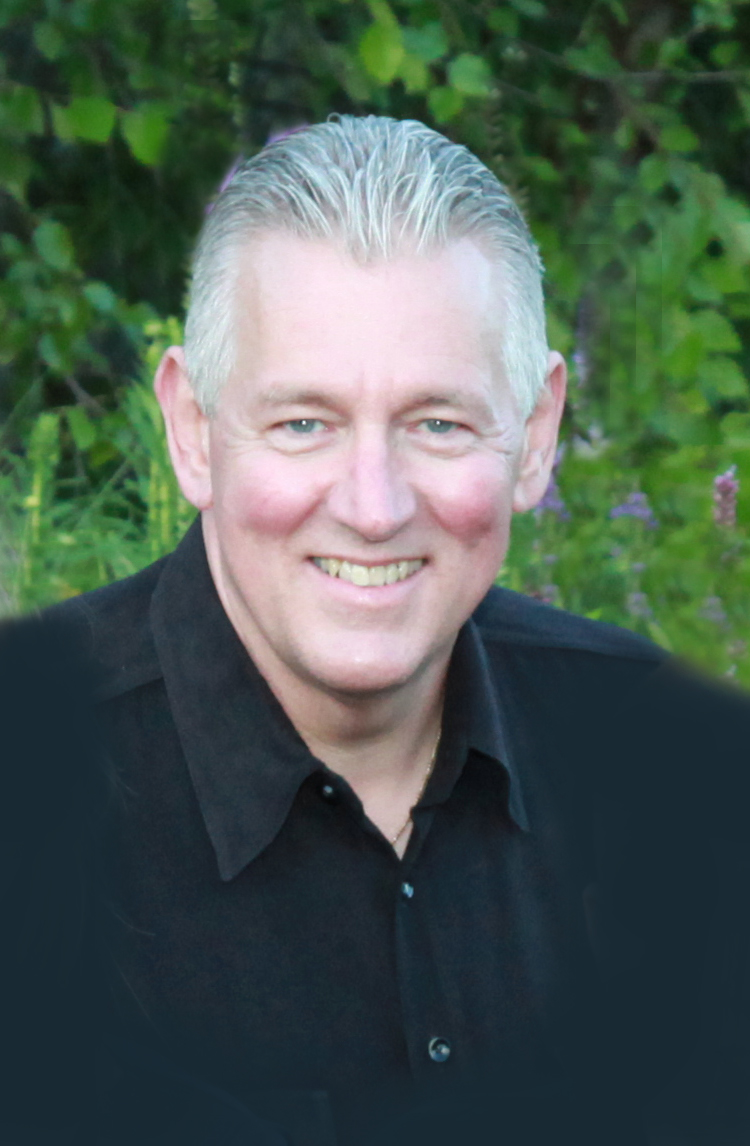 Bob is the CEO of Radicom, Inc. and a Co-Founder of VOCEON Chicago, LLC, companies that work in advanced communications technology for public safety agencies and commercial clients. Radicom, Inc. is currently installing the 911 communications system at O’Hare and Midway International Airports. While furthering his career at Digital Equipment Corporation, he completed his undergraduate studies at Roosevelt University before moving on to the Master of Science in Communication program at Northwestern.
Bob is the CEO of Radicom, Inc. and a Co-Founder of VOCEON Chicago, LLC, companies that work in advanced communications technology for public safety agencies and commercial clients. Radicom, Inc. is currently installing the 911 communications system at O’Hare and Midway International Airports. While furthering his career at Digital Equipment Corporation, he completed his undergraduate studies at Roosevelt University before moving on to the Master of Science in Communication program at Northwestern.
Why was MSC the right program for you?
Well, I was working full time at Digital Equipment Corporation at the time, so I was definitely looking for close proximity as I needed to stay in the area and I was also definitely looking for an executive graduate program. There are a few of them, at Elmhurst College and Lake Forest College, for example. However, the reputation at Northwestern was a significant draw for me.
I went to some information sessions for various programs, including for the Kellogg MBA Program, but I didn’t care for the atmosphere of Kellogg. It was significantly bigger and definitely a more dog-eat-dog and hyper-competitive environment. When I came to the information session for MSC, I knew I preferred the size, the curriculum, and the culture.
Despite the fact that I’ve been with tech companies for 40 years, I am not very technical in my skills. I’ve worked primarily in finance, administration, operations – people skills sort of things. When I came to the MSC program, I was responsible for the management of 20 to 30 employees and I was far more interested in how best to lead and communicate well with each of them to foster their growth and productivity, than to advance my knowledge of corporate finance or marketing, such as you’d gain from traditional MBA programs. What you find is that 80% of your time and energy, if you hold a management position, is spent managing people, so finding how to best communicate, motivate, and work well with them is critical. The other stuff you can learn on the job. That’s why this degree worked better for me — my role was never technical, it was more operational.
What is something you’ve learned that has made an impact on your professional and/or personal life?
Everything in life I’ve learned boils down to problem solving and decision making. One of the most important things I learned in the program was ‘equifinality’, which loosely translates to ‘there are lots of ways to skin a cat’. It contends that there is no single correct answer or method to tackle a problem. In a team situation, the faster you come to the conclusion that your way isn’t the only way, the better off you’ll be, and that’s when you get into really collaborative types of thinking. We tend to look at things and think we know the correct solution…that we naturally have the right perspective on it, but oftentimes that thinking leads to less than optimal results than might be gained by stepping back and getting more viewpoints from teammates.
I’ve developed a more collaborative working style, which the MSC program has always encouraged. In addition to personal assignments, we had group projects which allowed for perspective sharing and new ways of approaching a problem. Because I’m not technical in a very technical company, that’s been very valuable for me to have. I often need to rely on people who have a more thorough understanding of the product.
What was your favorite aspect of MSC at Northwestern?
Definitely my classmates. They’re something you take with you. I have very close friends from the MSC program that I continue to see regularly. When I got into this program, I realized interacting with my classmates was going to be very different than as an undergrad. In the MSC program everyone wanted to be there in every class, everyone was smart as hell, and their experiences were fascinating so it made for an exceptionally stimulating experience. I learned as much from my classmates as I did from my professors, just in the way they approached things.
Also, as a member of the board of the alumni association, I get to be involved with all things that go on with MSC and constantly meet new people throughout the MSC community, locally and abroad. We organize regular events and get together three to four times a year.
What advice would you have for anyone considering the MSC program?
Be a sponge for information from your professors and especially from your classmates. It’s a very high-level student that you’re going to be in the MSC program with and you need to take as much advantage of that as possible. I feel fortunate that I had the class I did. We had such a wide variety of business experiences, from banking to manufacturing to law, and it was really interesting because people would come to the table with a perspective with which you would never have thought.
As an example, there was a woman in our program named Jeanette Yep who was in ministry in Massachusetts. She came at our curriculum from a completely humanistic approach to problem solving, whereas in business the bottom line and economics are often the driving force in any decision being made. Her perspective was unique for me in considering ways to solve problems.